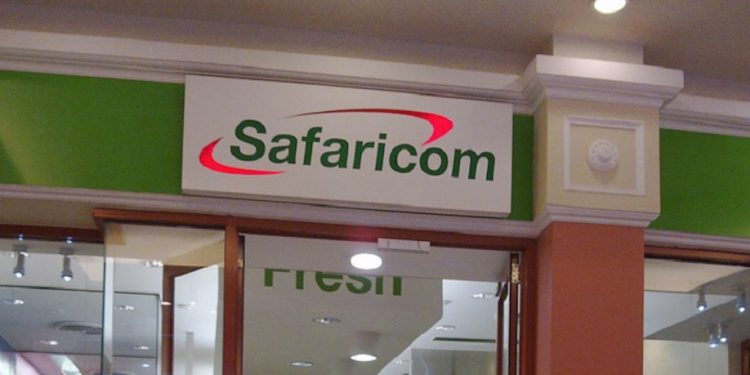Last week, Safaricom’s share price dipped by more than 10 per cent after the Government, under the Finance Bill 2018, introduced an 8 per cent VAT on petroleum products, 20 per cent excise duty on money transfers, and a 1.5 per cent employer’s contribution towards the affordable housing agenda.
“While we think some conservative estimates about how the approved and proposed taxes could impact Safaricom growth seem to be in the price, the risk of any further measures to address the budget deficit, which could have implications on the sector/company, as well as regulatory risks remain relevant,” a report by Citi observes.
Citi further noted that the increase on VAT will have very little or no effect on the revenues of Kenyan telcos.
The report states: “Our conclusion is that VAT tends to have little if any impact on the top line performance due to low elasticity of demand; competition or telecom regulation driven price cuts (retail price regulation for example) tend to have more material impact on growth, including due to the depth of such price cuts.”
Increase on Money Transfers
The report also notes that according to the President’s memorandum, the excise duty increase on money transfers to 20 per cent will not touch on M-Pesa payments. The report indicates that the increase will affect fees charged by banks and agencies but not agent transactions and peer-to-peer payments.
Target Share Price
Based on discount cash flow (DCF) valuation, Citi Research gives Safaricom’s share price a target of Sh27.20 which could deviate to a higher price than this due to growth in M-Pesa and data that is faster than expected and a reversal of taxation to the gaming sector.
Other risk factors that could see the price increase beyond Sh27.20 according to the report include consolidation or smaller telecom players leaving the market and the growth of EBITDA margins that is faster than expected because of the rise of fee/ partnership revenues.
On the other hand, the price could be affected negatively by regulations in the telecom sector in favour of smaller players, financial regulation such as mobile interoperability which may weaken M-Pesa’s competitive advantage, review of corporate taxes and excise duties imposed on the telecom sector, faster-than-expected pressure on voice as data use and smartphone penetration grows, and mergers and acquisitions risk.



